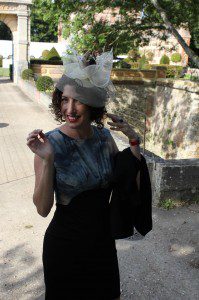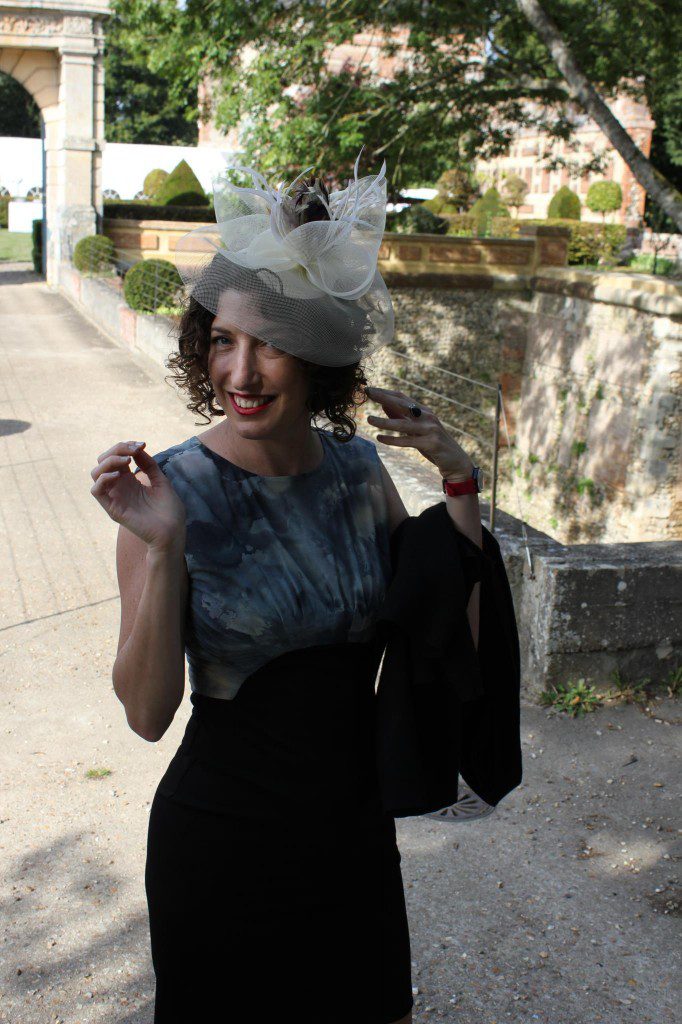 Israeli Peace Educator Gal Harmat shares some of the innovations happening in peace education programs for Israelis and Palestinians.
Israeli Peace Educator Gal Harmat shares some of the innovations happening in peace education programs for Israelis and Palestinians.
Tell me how you got started. I was part of a Palestinian-Israeli dialogue youth organisation. From there I got into peace work, but I didn’t know what I was getting into. It just seemed right for me. I realised that others are as human and as in pain as I am. Peace seemed like a reasonable option and a better possibility—later it became my ideology and frame of reference.
What interests you most about what you’re doing now? I’m really stimulated by the passionate people that I’m working with and the brilliant ideas they’re coming up with. We’re mainly working by bringing peace education to schools and social justice organisations in Israel, using a really alternative and creative methodology. I am doing this through a masters program in social change through the arts at the Netanya extension of Lesley’s Graduate School of Arts and Social Sciences. Mainly women are coming to think about and rethink social change, peace building and community work and developing ideas, theories and practical tool of peace building and social change. It starts with the very diverse group that we have (people from every religious and ethnic, national, social economic status in the society) and continues into community interventions and peace work.
What’s been your biggest accomplishment? Co-Establishing the Social Change and Peace Education Programme at Kibbutzim College of Education. Bringing Palestinians and Jews and people from different parts of the world to study peace education and critical pedagogy. It is a 4-year degree-granting program. As we established it 9 years ago, there are a lot of graduates who are already teaching in the field.
Biggest challenge? To convince people who think that war is sexy. There are a lot of them in Israel. People define themselves according to militaristic values. They feel that war, occupation and military state values are sexy; I think they are not and am doing my very best to bring these ideas across in everything I do.
Who or what inspires you? People who are dealing with challenging situations in a nonviolent way and are able to transform them into something creative. I am inspired by women who are trying to change history by changing the reality around them and by the way it is multiplied in the society. I am inspired by people who do not accept the norm of racist, militarist values and are creating an alternative through civil service in human rights and peace organisations, by people who are risking themselves in creative demonstrations that are almost like a party until the police declares that the demonstration is illegal. The protests in Turkey and Brazil against the economic structural violence inspire me and give me hope that we are starting to see the link between equality, equity, freedom and peace.
Why is peace sexy to you? Peace is sexy to me as an alternative to oppression. Sex is something people do together not to each other, not against each other, but together bringing who they are and uniting with someone else who is different but is in the same mental and physical space. I strongly believe in peace that is created by togetherness.
What does “Peace is Sexy” evoke for you? In Israel and Palestine, the military and war are very sexy while peace is an old nagging concept that we would like to think we aspire to. I think making peace sexy changes the point of view, gives a fresh look at this alternative. Starting to treat the occupation, settlements and oppression as a big turn-offs appeals to me.
What is a simple thing you do to create peace? What is something you do everyday? I talk to people. I react to any form of violence or racism that I see by stating that it’s something that I don’t agree with. But I say it in a way that people can hear me while using my privilege as a white, Jewish woman from Tel Aviv to change people’s perspectives. I am thinking and training a lot about gender, peace and social change. I am linking between demonstrations and parties that are free and open to everybody. I live anti-segregation and serve as an activist and board member of human rights organisation like Amnesty International.
How would you like Peace is Sexy to make a difference in what you are up to? I would like people all over the world to think and act against human rights violations, oppression and segregation in their own communities and I would like us to be able to link and communicate between communities of peace and learn and support each other.
Where would you like to see your passion go in the next 10 years? 20 years? 100 years? I would like people to be equal, to have equal and just opportunities. It seems simple but changing the racist laws that treat Jews and Arabs differently, people with citizenship and without, refugees, women and men. I would like that in 20 years we all will be able to access countries on an equal basis, demonstrate, share our thoughts, ideas and feelings. I dream that in the future the feelings of people from diverse backgrounds will be treated and be heard with the same attention and concern. Then I think we will have peace.

